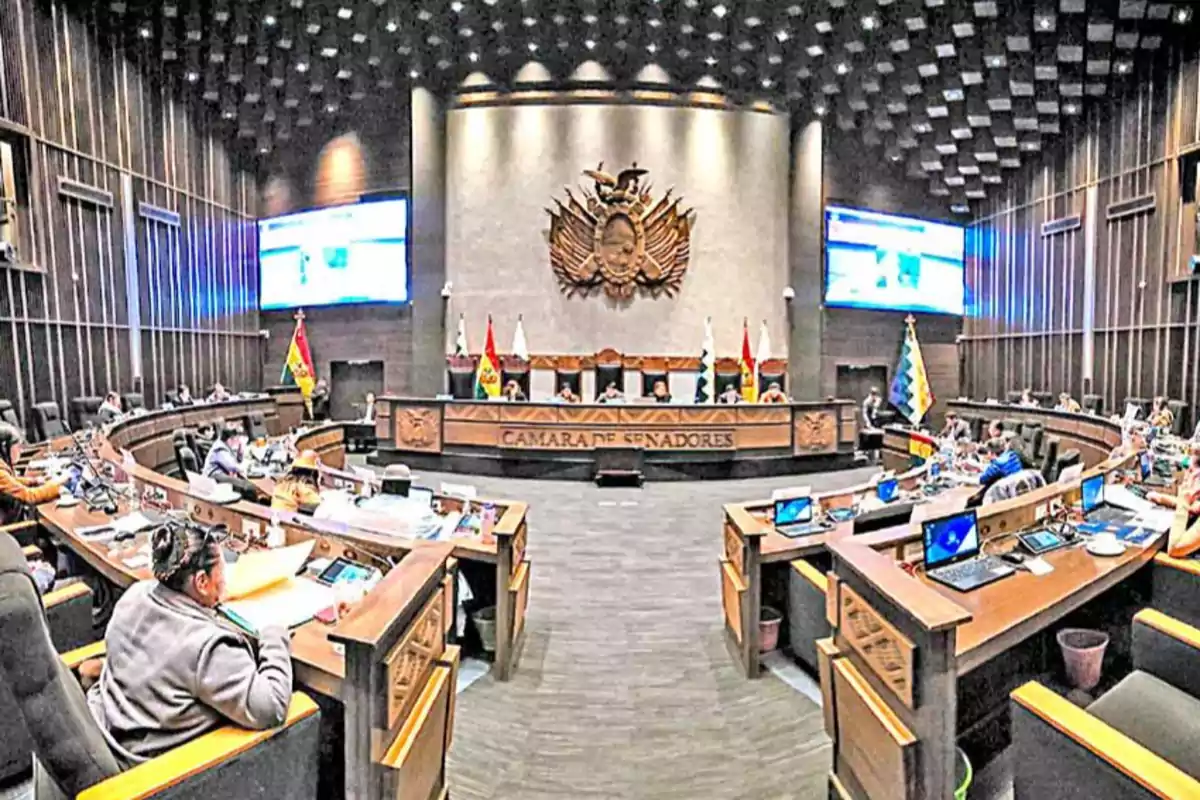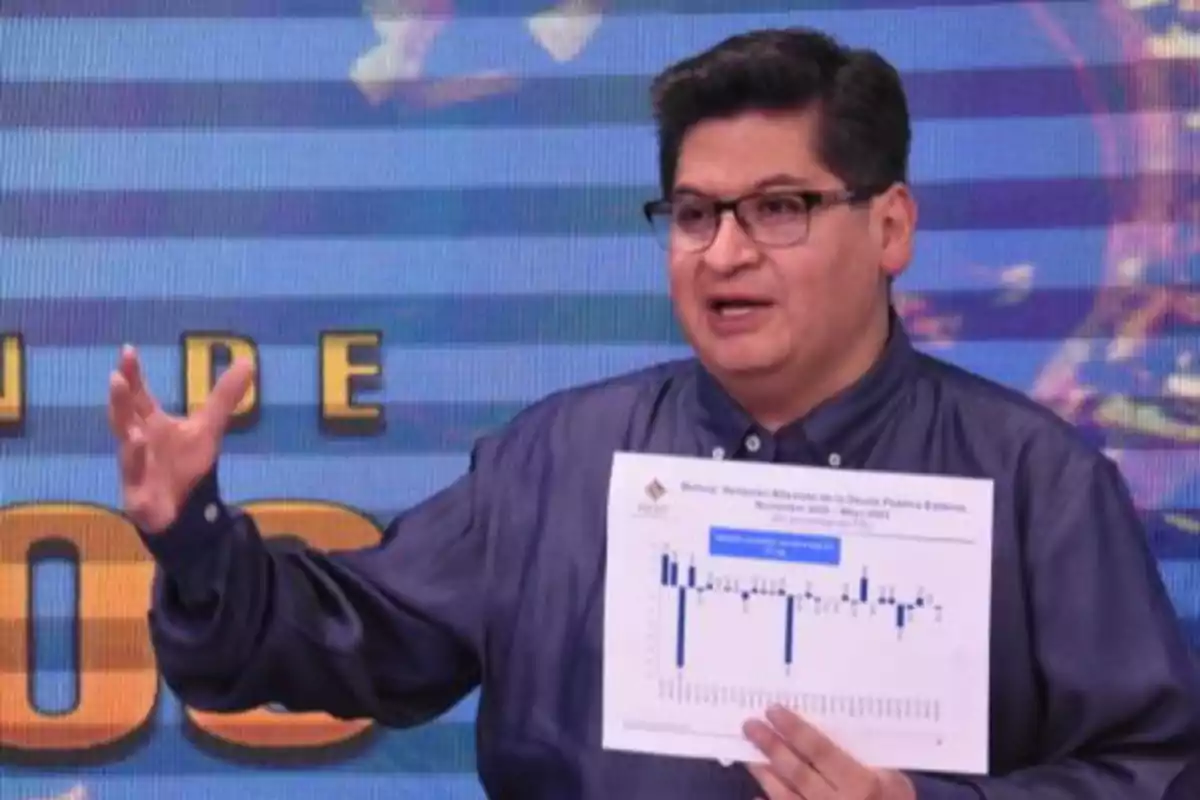
The Senate approved one of the loans that the MAS government was demanding.
Opposition parliamentarians indicated that both Evistas and Arcistas have apparently set aside their internal disputes
The Senate approved a loan for 75 million dollars requested by the Government. The session included the participation of legislators from both the ruling party and the opposition. The Movement for Socialism (MAS) bloc supported the approval of the loan; this decision caused reactions among other parliamentarians.
Opposition legislators stated that the approval of the loan showed an unusual consensus, because both legislators aligned with Evo Morales and Luis Arce voted in favor. This unity surprised several political and social sectors. The approval was achieved without major confrontations.
The loan comes from the Andean Development Corporation (CAF). According to the MAS government, these funds will be allocated to infrastructure and development projects. The Minister of Economy, Marcelo Montenegro, explained the importance of the financing and assured that the resources will help address the economic crisis.
During the session, legislators debated the allocation of the funds, and some senators did not hesitate to question the execution of previous loans. They pointed out that many resources approved in the past were not used efficiently or transparently by the ruling party. However, the majority chose to support the Executive's request.
Some analysts believe that this agreement responds to the need for stability. Tensions between supporters of Evo and Arce had paralyzed several projects in the Legislature, but the approval of the loan suggests an attempt to reduce these disputes. However, it is not ruled out that internal conflicts may resurface soon.

Senator Andrónico Rodríguez justified the approval of the loan. He stated that economic stability is a priority and argued that the approval of loans should not be subject to political disputes. He highlighted the importance of ensuring investment in the country.
The opposition maintained a critical stance toward the MAS consensus. Some parliamentarians suspect that this agreement is temporary. They pointed out that the ruling party remains divided on key issues and warned that the demonstrated unity could break in future sessions.
Does the regime need more loans?

Minister Montenegro insisted on the urgency of the financing. He assured that without these resources, the country's economy would face greater difficulties and highlighted that the Government continues to manage new international loans. He reiterated that strategic projects for development will be prioritized.
The supporters of Evo avoided commenting on their vote in favor of the loan. Some analysts interpret this as a sign of truce with the supporters of Arce. However, sectors close to Evo Morales insist that differences continue and assert that this agreement doesn't mean a reconciliation within MAS.
The President of the Senate emphasized the need to approve more loans. He recalled that there are other pending loans in the Legislative Assembly. He said that the country's financial stability depends on cooperation between political forces and called for prioritizing the needs of the population.
The approved loan adds to other financing managed by the Executive. Since 2021, the Government has requested various loans to address the crisis, but some sectors have questioned the level of indebtedness. However, the authorities assure that these resources are indispensable.
Despite the approval of the loan, some sectors question the country's level of indebtedness. Bolivia has acquired multiple loans in recent years without visible results in the economy. The lack of transparency in the use of these funds generates distrust among the population, who fear that these resources will only serve to maintain state spending.
Economic analysts warn that excessive indebtedness can affect long-term financial stability. They point out that the Government prioritizes obtaining loans without a clear economic recovery plan. The low execution of projects financed with previous loans is a sign of inefficiency, and the country could face greater difficulties in meeting its obligations.
The MAS administration has been heavily criticized for its handling of the economy. For years, the ruling party's economic model was based on the boom of natural resources. However, the lack of productive diversification has weakened the country's economy, and the indebtedness is a sign that the Government doesn't have real solutions to get out of the crisis.
More posts: